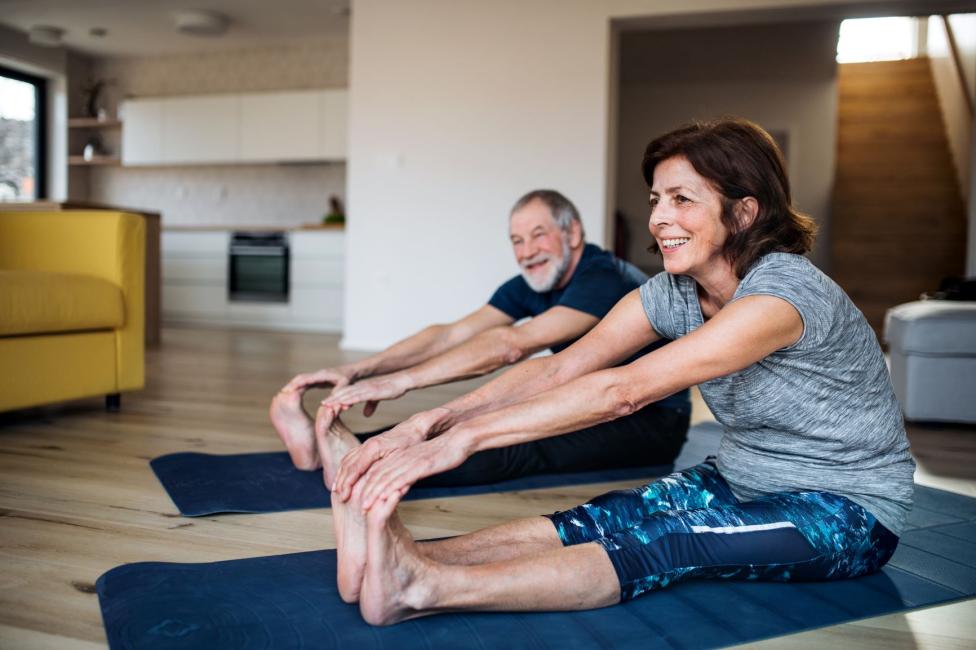Exercise may be the last thing on the mind of a cancer patient typically fatigued by their treatments, but leading cancer organizations are studying the positive effects it can have for those battling the disease and those who have survived it.
Inspira’s Approach to Exercise for Cancer Patients
Every cancer patient’s experience with treatment is different, and the same exercise routine is not appropriate for everyone. Energy levels and physical capabilities can vary widely depending on the type and stage of cancer, and patients should only be as physically active as their abilities and conditions allow.
Recent research has shown that exercise is not only safe and possible during cancer treatment, but it can improve how well you function physically and your quality of life, according to the American Cancer Society. The goal is to be as fit and active as possible.
Here are the benefits a moderate exercise routine can bring to cancer patients:
Your Mood
Exercise is a proven mood booster, which can be great for cancer patients struggling with feelings of depression or anxiety following diagnosis. A physical workout can help alleviate the heavy feelings that accompany cancer treatment and give you a much-needed confidence boost. Choose an activity you love and make it enjoyable—recruit a friend along for a brisk walk or listen to some of your favorite music while on a bike or treadmill.
Your Energy
Cancer treatment can be draining on both your mental and physical wellbeing. People tend to slow down after a cancer diagnosis. An aerobic workout that pumps up your heart rate, such as brisk walking, jogging or swimming, can help break the fatigue brought on by treatment. You’re also helping to build your cardiovascular fitness, which lowers your risk for other conditions like stroke and heart attack.
Your Strength
In addition to aerobic exercises, it’s recommended that cancer patients include some exercises that will help keep muscles lean and bones strong, like exercising with a resistance band or light weights. Strength training is important for cancer patients because it can prevent or reverse muscle loss from both cancer and cancer treatments and improves overall mobility. Being able to move easier encourages patients to stay active and increases their independence.
If you’d like more information about your or a loved one’s cancer care, or to receive a second opinion about a diagnosis, our team is here to help.


